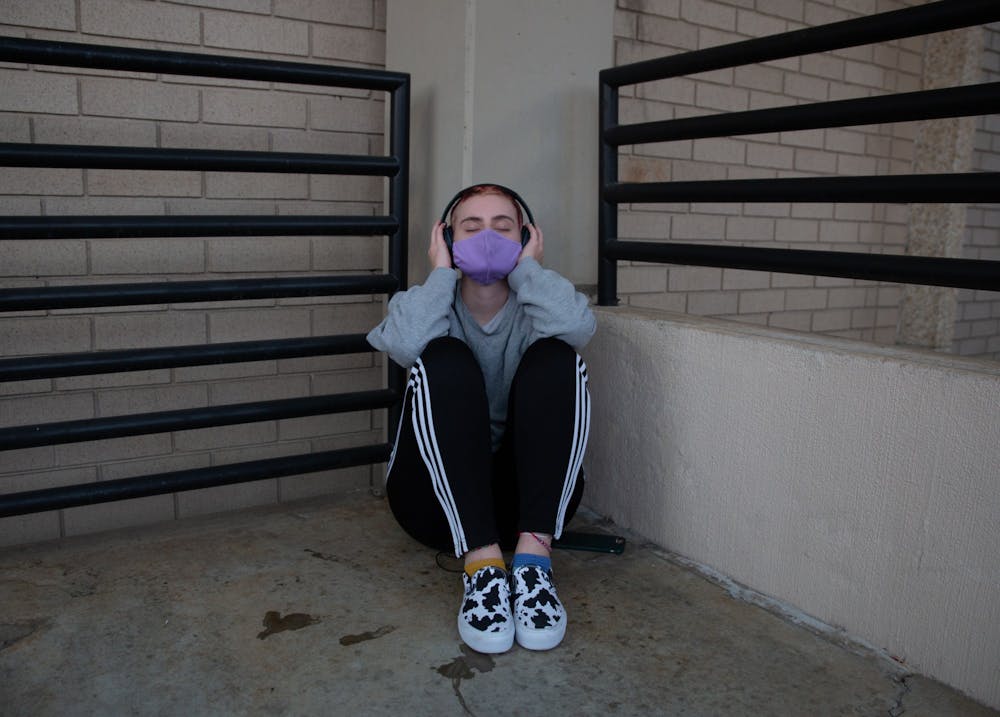When Alex Kresovich was diagnosed with generalized anxiety disorder in third grade, one of his best friends – who came from a background where mental health was stigmatized – told him to “wish it away.”
Years later, he and that same friend were driving around listening to music during the summer before Kresovich started pursuing a Ph.D. in health communications at UNC.
While listening to the song “Tunnel Vision” by Kodak Black, the friend confessed that he thought he had anxiety and might need to seek therapy. Kresovich was shocked – this was the same friend who had dismissed his anxiety 20 years ago.
“He started talking about the song,” Kresovich said. “He's like, ‘I really just relate to this song.’”
Although he didn’t recognize it until later, that was a lightbulb moment for Kresovich. He started to wonder if anyone had studied the intersection of mental health discourse and popular rap music.
As he reflected on his three years in Los Angeles, California, where he worked with artists like Cee Lo Green and Panic! at the Disco, Kresovich said he realized that mental health was becoming a prevalent topic in the rap genre.
“So many young rappers and other artists I’ve worked with are rapping or singing about anxiety and depression and having suicidal thoughts or struggling with their mental health,” Kresovich said. “I’m like, ‘This is not how it used to be at all.’”
With the help of co-chairpersons Seth Noar and Francesca Dillman Carpentier, Kresovich completed a study that examined the increase in references to mental health topics in popular rap music over the past two decades.
Between March 1 and April 15, 2019, two coders analyzed the lyrics of 125 popular rap songs released between 1998 and 2018. They selected the 25 most popular rap songs from 1998, 2003, 2008, 2013 and 2018.



